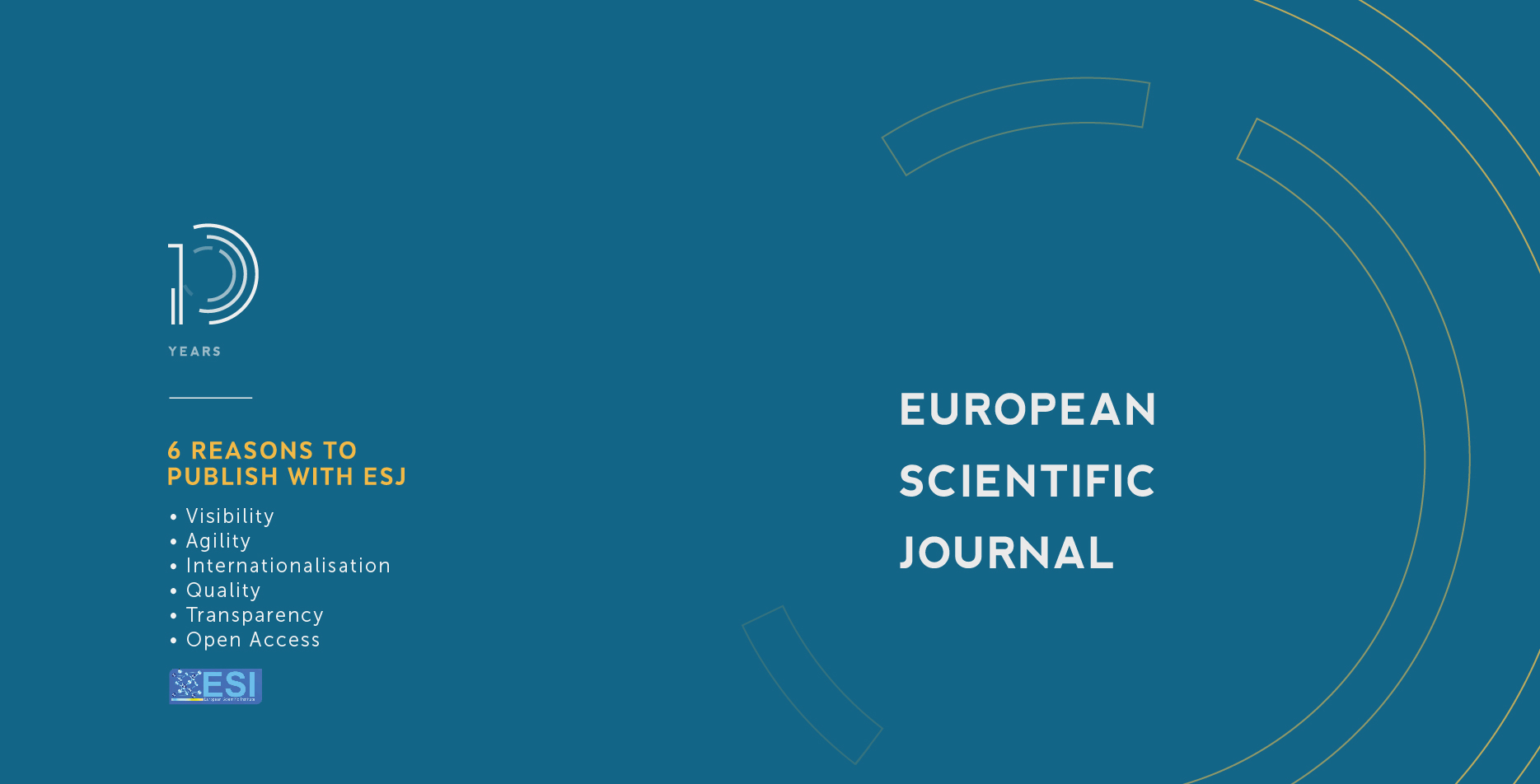Évaluation De L’aptitude De Pseudospondias Microcarpa (A. Rich.) Engl. Var. Microcarpa (Anacardiaceae) Au Marcottage Aérien Et Perspectives De Domestication Dans Le Sud-Est Du Gabon
Abstract
La Multiplication Végétative Des Espèces Spontanées À Usages Multiples Reste Encore Limitée En Zone Tropicale Humide D’afrique Centrale. Cette Étude Évalue L’aptitude De Pseudospondias Microcarpa Au Marcottage Aérien Dans Les Conditions De Franceville Dans Le Sud-Est Du Gabon. L’objectif À Terme Est Sa Domestication Et Son Intégration Dans Les Systèmes Agroforestiers Traditionnels. Sur 102 Branches Orthotropes, 4 Substrats (Sphaigne Du Chili, Mousse, Inflorescence Mâle Du Palmier À Huile, Sciure De Bois) Ont Été Testés. L’induction Racinaire, Intervenant Au Bout De 30 Jours, S’étend Au-Delà De 120 Jours, Et Ne Dépend Pas Du Type De Substrat. Le Volume Racinaire Par Contre Augmente Avec La Texture Du Substrat Utilisé. Les Taux D’enracinement (78,43 ± 7,98%) Et De Réussite (97,5 ± 3,42%) À 120 Jours Sont Très Prometteurs. Les Taux De Survie En Pépinière (55,56 ± 13,25%) Et En Champ (45,83 ± 19,93%) Restent Assez Variables. Néanmoins, Ces Résultats Indiquent Que Pseudospondias Microcarpa Var. Microcarpa Présente Une Bonne Aptitude Au Marcottage Aérien. Cette Observation Constitue Un Préalable À La Domestication De Cette Espèce. Les Deux Derniers Résultats Suggèrent Cependant De S’appesantir Sur La Recherche Des Conditions Optimales De Sevrage Et De Culture, Afin D’améliorer La Production Des Plants Par Marcottage Aérien De Pseudospondias Microcarpa. L’autre Résultat Majeur Est La Prise En Compte Des Substrats Locaux Dans La Vulgarisation De Cette Technique À Faible Coût.
Vegetative propagation of spontaneous multipurpose species is still limited in tropical rainforest areas of Central Africa. This study evaluates the aptitude of Pseudospondias microcarpa for aerial marcottage under the conditions of Franceville in south-eastern Gabon. The ultimate objective is its domestication and its integration into traditional agroforestry systems. A total of 102 orthotropic branches were tested on 4 different substrates: Chilean sphagnum moss, moss, male inflorescence of oil palm, and sawdust. The root induction, occurring after 30 days, extends beyond 120 days and does not depend on the substrate type. Rooting (78.43 ± 7.98%) and success rates (97.5 ± 3.42%) at 120 days were very promising. The nursery (55.56 ± 13.25%) and field (45.83 ± 19.93%) survival rates remain quite variable. However, these results indicate that Pseudospondias microcarpa var. microcarpa has a good ability to aerial marcottage. This observation constitutes a prerequisite for the domestication of this species. The latter two results suggest, however, to further investigates the optimum conditions of weaning and cultivation. This is done in order to improve Pseudospondias microcarpa plant production through aerial marcottage. The other major result has to do with taking into account local substrates in popularizing this low-cost technique.
Downloads
PlumX Statistics
Copyright (c) 2020 Moupela C., Mbeang Beyeme, A. M., Mokea-Niaty A., Ngoye C., Medza Mve, S. D., Fabre Anguilet, E., Lepengue, A. N.

This work is licensed under a Creative Commons Attribution-NonCommercial-NoDerivatives 4.0 International License.








